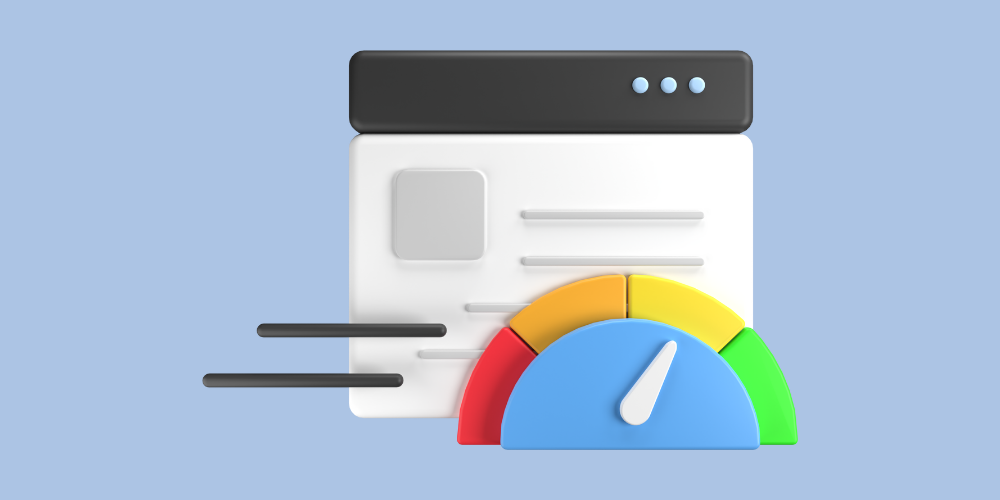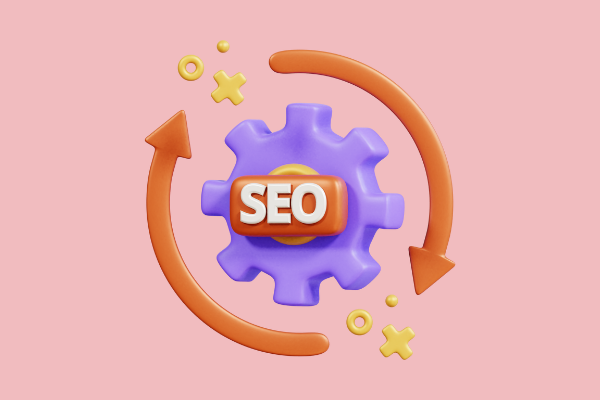Last Updated on 1 year ago by
Excessive JavaScript on your website could cause slow page loads and a poor user experience. Tools like PageSpeed Insights’ “Reduce JavaScript execution time” warning draw attention to how long your site takes to run JavaScript, which could impede rendering and cause slow down of performance. Here’s how to cut JavaScript running time to quicken your page.
What Causes High JavaScript Execution Time?
Excessive JavaScript on your website could cause slow page loads and a poor user experience. Tools like PageSpeed Insights’ “Reduce JavaScript execution time” warning draw attention to how long your site takes to run JavaScript, which could impede rendering and cause slow down of performance. Here’s how to cut JavaScript running time to quicken your page.
How Long JavaScript Execution Impacts Page Performance

- Network Cost: Longer download durations derived from more bytes in your JavaScript scripts extend the total load time.
- Parse and Compile Cost: On the main thread JavaScript is parsed and assembled. Your page cannot react to user interactions when the primary thread is occupied with this chore, therefore latency.
- Execution Cost: JavaScript runs on the main thread, therefore running a lot of code before it is required delays the Time To Interactive (TTI), so influencing the speed consumers perceive your page to load.
- Memory Cost: JavaScript clinging to too many references uses a lot of memory, which slows down the page. Under severe conditions, memory leaks can cause the page to freeze totally.
How to Reduce JavaScript Execution Time:
Reducing JavaScript Payload Cut the size of your JavaScript files by deleting extraneous code. Bundles and compresses your scripts using Webpack or Rollup.
- Use Code Splitting: Divide big JavaScript files into more reasonable bits. Code splitting improves load times by letting just the required portions of the script load first.
- Defer or Async JavaScript Loading: Use the delay or asynchronous features to stop JavaScript from stalling your page’s first rendering. This guarantees non-essential scripts load following the main content presentation.
- Optimize Third-Party Scripts: JavaScript running time can be greatly raised by third-party scripts including analytics or advertising. Think about postponing their loading or cutting off extraneous outside services.
- Eliminate Unused JavaScript: Find and delete pointless JavaScript with Chrome DevTools. This can drastically cut the code the browser must process.
Improving the efficiency and user experience of your site depends on JavaScript running time being shortened. Faster page loads and a more responsive site are results from optimising your scripts and reducing their impact. Using Lighthouse or GTmetrix, routinely audit your JavaScript to guarantee low execution times.
For more information, check out the Google Lighthouse Guide.












